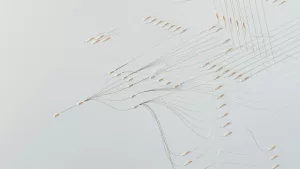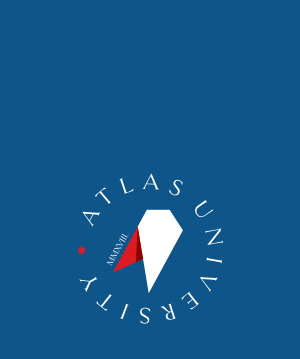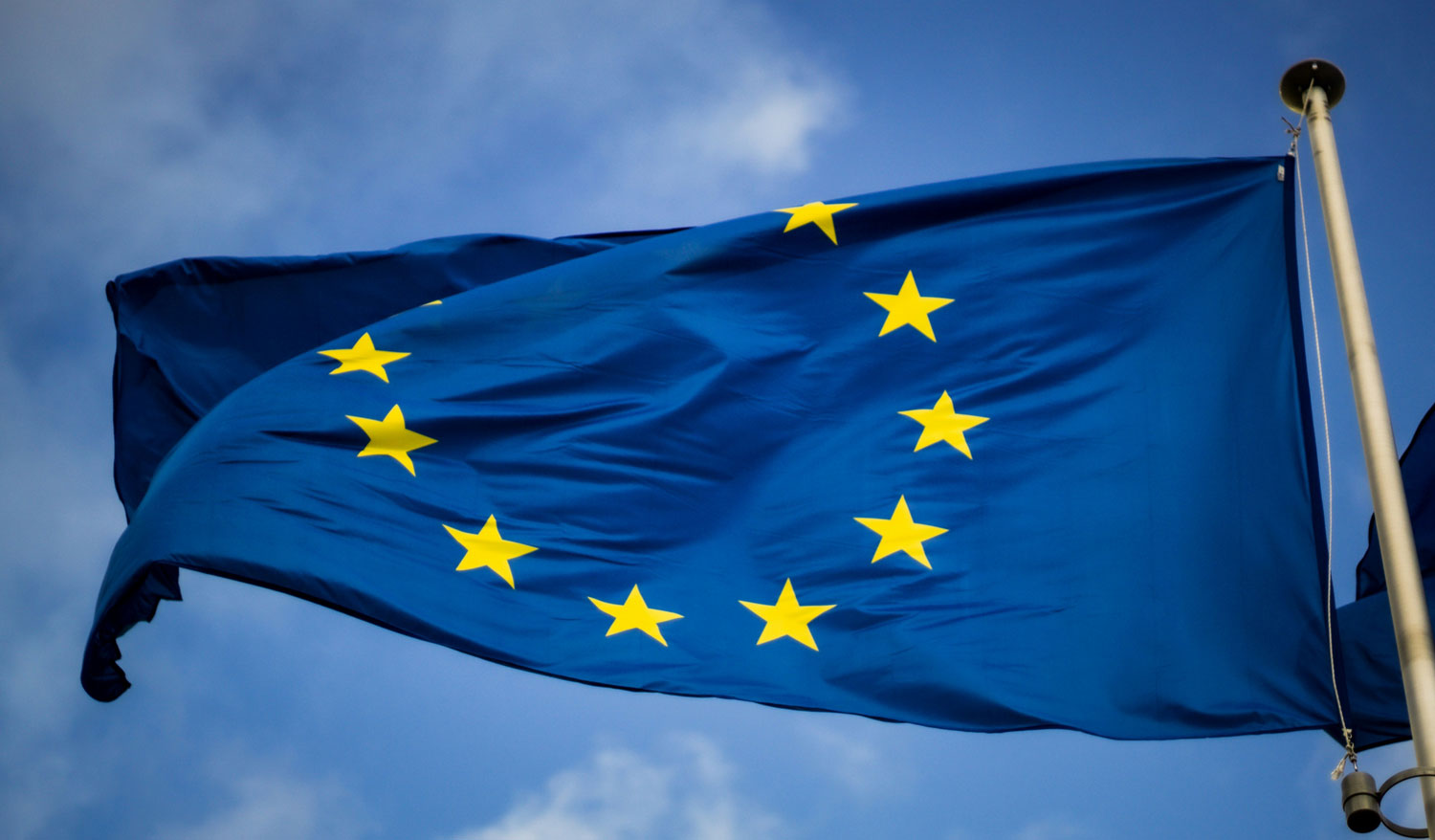Participation in Erasmus+
Describe how you plan to participate in Erasmus+ actions in the future.
Explain how they will be implemented in practice at your institution.
Footnotes : The following types of Erasmus+ activities are open to HEIs:
- Key Action 1 (KA1) – Learning mobility of individuals:
-
Mobility project for higher education students and staff
- Student mobility for studies
- Student mobility for traineeships
- Staff mobility for teaching
- Staff mobility for training
- Blended intensive programs
- Key Action 2 (KA2) – Cooperation among organizations and institutions:
- Partnerships for Cooperation
- Partnerships for Excellence – European Universities
- Partnerships for Excellence – Erasmus Mundus Joint Master Degrees
- Partnerships for Innovation
- Alliances for Innovation
- Key Action 3 (KA3) – Support to policy development and cooperation.
- Jean Monnet Actions
Strategy, objectives and impact
What would you like to achieve by participating in the Erasmus+ Programme? Which are the policy objectives you intend to pursue? Describe how the participation fits into your institutional, internationalization and modernization strategies.
What is the envisaged impact of the participation on your institution? Explain how you expect the participation to contribute towards achieving the objectives of your institutional strategy. Explain how it will contribute to making your institution more modern and more international. Explain how you expect the participation to contribute to the goal of building a European Education Area.
Note: The objectives should be clear, measurable, realistic and achievable.
Indicators
For each objective, define appropriate indicators for measuring achievement (eg mobility targets for student/staff mobility, quality of the implementation, support for participants on mobility, increased involvement in cooperation projects, sustainability/long-term impact of projects, etc.). Link the targets to a timeline.
If you change your activities or objectives, please do not forget to update the EPS on your website and inform your Erasmus+ National Agency.
Participation in Erasmus+
Istanbul Atlas University (ATLAS) was founded as a new and young university with its Graduate School of Master Studies, 5 Faculties,1 Vocational School and a School of Foreign Languages in 2018. ATLAS started education in 2020, accepting students to 11 first cycle programs of the faculties, 10 short cycle programs of the vocational school and 5 second cycle programs of the graduate school. ATLAS is a non-profit and State Recognized Foundation University.
ATLAS considers internationalization and modernization as essential instruments for increasing the quality of teaching and research and also for exchanging cultural vision with universities in program and partner countries. In this way, ATLAS will put its contribution on the building of the European Education Area mostly on European Higher Education Area (EHEA).
ATLAS believes that the experience gained by participating in the Erasmus+ program will be the source of quality and prosperity in educational and research activities as well as in the community service activities. By participating in the programme, ATLAS is aiming to:
- develop international partnerships to improve the collaboration of education and research,
- have financial support for mobility of the students and staff,
- Promote participation in international projects and provide additional funding to establish new projects or to enable faculty members to participate in networks.
- establish joint graduate programs,
- join university and research networks to strengthen international cooperation,
- modernize the teaching programs by including the latest technological developments,
- put its contribution to the creating EHEA
Participation in Erasmus+ program is an invaluable opportunity for students to gain new subject-specific academic skill, as they are exposed to teaching and learning methods that may be different from what they are used to face at their home institution. Their future employment possibilities and foreign language proficiencies will also be positively improved. The students participated in Erasmus+ will also have the opportunity to live abroad and meet new people. Therefore, they will have the possibility to develop their adaptability, communication skills, problem-solving and decision-making skills, tolerance towards other cultures, personal values and behaviors. All those challenges and opportunities will likely prepare them for the global community in the long term.
As a part of its strategy, ATLAS aims to take part in all Erasmus+ actions under KA1, KA2, and KA3. With the active participation in KA1 projects, ATLAS expects to host and send students and staff and enhance the exposure to different cultures. International Relations Office commits itself to the promotion of these programs and preparation of students and staff in order to help them to get the most out of their exchange experiences. Not only student mobility also mobility for traineeships is in the priorities of ATLAS. Traineeships will also help to strengthen its target for internationalisation. Specific attention will be given to establishing the number of inter-institutional agreements and thus offering its students a wider range of options maintaining the balance between incoming and outgoing students. ATLAS also aims to make action plans to strengthen the collaboration with partner universities and organizations. Furthermore, ATLAS will also explore and promote alternative forms of international experiences, particularly those that involve flexible and online formats such as virtual and/or blended, customized, and short-term mobility formats.
In addition, undergraduate research and civic engagement programs have had an important place at ATLAS's curricular and extracurricular training structure.
ATLAS aims to participate in KA2 actions to deepen international cooperation with strategically selected partner universities. ATLAS believes that participation in cooperation projects plays an important role on its internationalization and modernization strategy. ATLAS is well aware of the importance of Erasmus+ cooperation projects. Exchanges of practices will help to strengthen the quality and impact in research and education. This action will be considered as an important opportunity to develop an internationalised curriculum and innovative new practices in teaching and learning. ATLAS aims to establish joint undergraduate and graduate programs with universities to enhance research collaboration. With these programs, it would be possible to improve the international experiences of its students and to attract international students.
ATLAS also aims to join universities and research networks to strengthen international cooperation and to contribute to the European Higher Education Area.
To participate in KA3 projects is in the priorities of ATLAS. ATLAS will improve the policy development and dialogue by the collaboration with civic society institutions. The good examples and experiences in line with the priorities in European Programs are to be shared by the cooperation and the outputs will be reflected to the quality of education.
Strategy, objectives and impact
ATLAS aims to be an innovative, internationally recognized and a pioneering university that directs education, science and research. The mission of the University can be outlined as;
-to grow contemporary individuals who adopt universal values, have innovative thinking, and resolve selected global and regional issues.
– to produce and disseminate valid and usable knowledge for the benefit of society and humanity through research at national and international levels in the light of science.
In the Strategic Plan (2021-2025) ATLAS sets out its strategic goals and targets by establishing the balance between educational, research and community service activities ( https://www.atlas.edu.tr/stratejik-plan/).
Internationalization plays an important role on strategy of ATLAS. In order to sustain this strategy even at home, ATLAS is being planned to hire three international academic staff. ATLAS will prepare its students for the global community. Therefore, efficient and increasing mobility actions for our study programs have a crucial priority. United Nations' 2030 Agenda and the 17 Sustainable Development Goals (SDGs), which address the global challenges the world faces, will be ATLAS' strategic guide both for education and internationalisation.
ATLAS is working to adapt its education system and infrastructure to global digital transformation. Currently, ATLAS conducts many of its actions paperless through e-signature. Full adaptation to the Digital Erasmus system is planning to be performed by taking support from the ATLAS IT department. This paperless challenge also supports many of the UN SDGs like responsible consumption, sustainability, climate action and qualified education.
Indicators
Based on its internationalization strategic objectives, ATLAS intends to achieve the following targets by 2026/2027:
– At least 10% of students in mobility with flexible formats (blended, virtual, short, custom)
– Maintain a balance between incoming and outgoing students
– At least annually 20% increase in the number of KA1 projects with partner countries outside Europe
– At least 10 staff participate in Erasmus+ mobility per academic year.
– Reaching at least 90% satisfaction rate in support systems for mobility programs and international students
– Maintain a balance between undergraduate and graduate students
– Enhancing mobility partnerships 10% per academic year
– Fostering networks through University/faculty/program memberships
– Development of joint graduate programs with strategically selected European universities
Additionally:
– Management of inter-institutional agreements (by 1st of October)
– Introduction and promotion of program elements in KA1 to our student and staff (by 1st of December)
– Selection of the outgoing students and staff (by 15th of January)
– Outgoing and incoming student nominations via an online platform (by 1st of February)
– Management of acceptances via an online platformv(by 1st of February)
– Sending online transcripts of records related to student mobility (by 1st of July)








